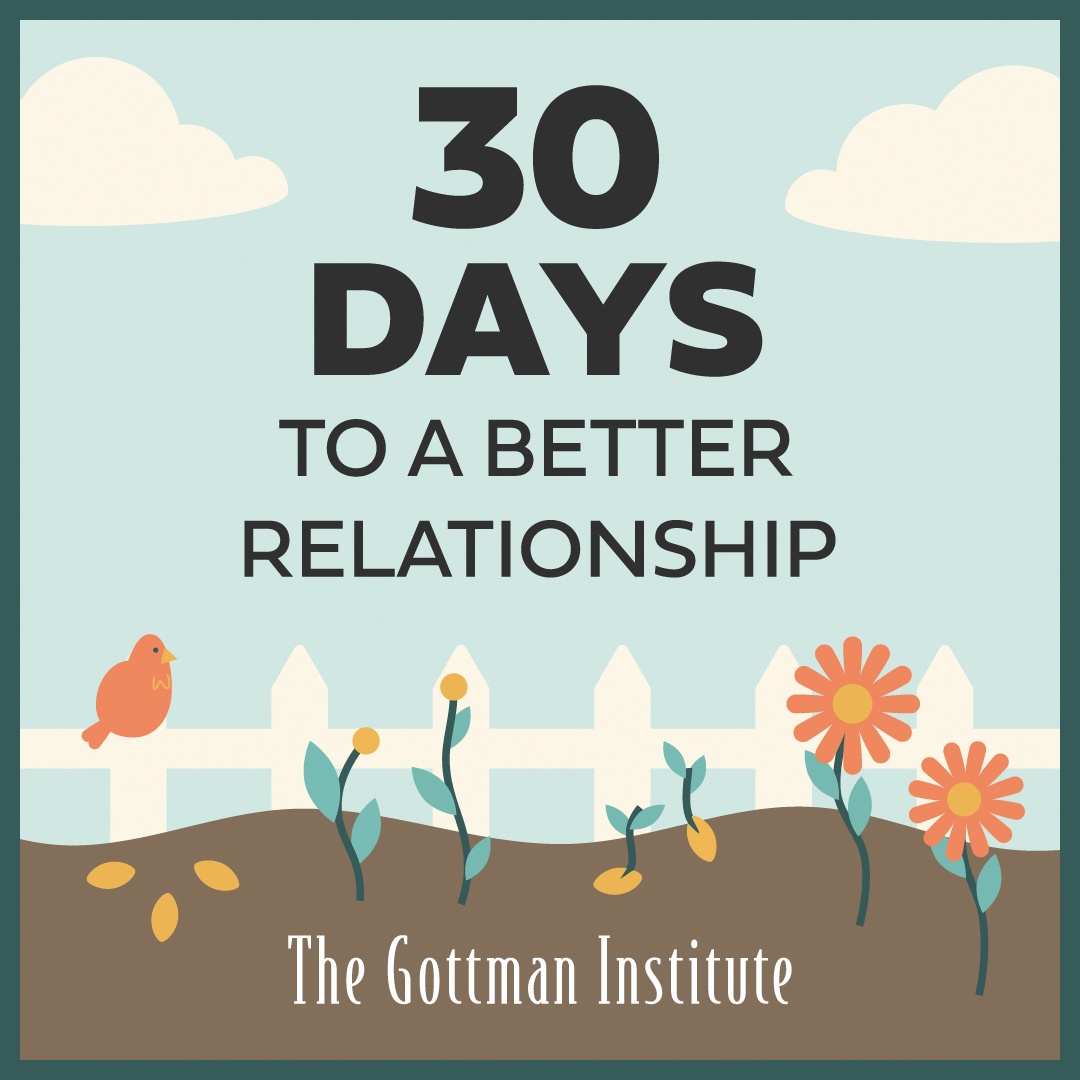Grace was fourteen years old when her father, John, married Kate. In her view, she had little control over the events unfolding in her life, including her father remarrying and starting a new family quickly. Even though Kate seemed nice enough and she really loved her dad, it still didn’t seem fair to Grace that her life had to change so radically.
Grace put it like this: “My parents just don’t get it. The day they divorced my life changed forever, and I had no say in the matter. For me, divorce meant changes in where I lived, changes at school and with friends, and having to spend time with new adults I didn’t want to spend time with. No one asked me if I wanted any of those things to happen, but they did, without my consent, and sometimes without warning.”
Remarriage may resurrect old, unresolved anger and hurts for children. For example, it may force the child to give up hope that their parents will reconcile.
The ‘Outsider’ and ‘Insider’ Challenge in a Stepfamily
While no two stepchildren will have the same emotional reaction to a stepparent entering their life, one thing is certain. As a stepparent, you’re most likely an outsider who needs to win over their respect and trust gradually. This is because the stepfamily structure often puts parents and stepparents on opposite ends of a continuum when it comes to separateness and closeness. For instance, every time a stepchild enters a room or a conversation, a biological parent might consider themselves as an insider and a stepparent an outsider. This happens naturally because children typically gravitate to the adult they are most comfortable with, an insider, when seeking support or nurturance.
In Surviving and Thriving in Stepfamily Relationships, renowned stepfamily researcher Patricia L. Papernow, EdD, explains, “The insider/outsider challenge emerges very early in stepcouple relationships and threads its way through all of the other challenges. It often remains present, though in somewhat softer form, even in mature well-established stepfamilies.”
One of the most crucial things to learn about a recoupled family is this. Most children give love and trust to their parent naturally, but feel that their stepparent must earn their love and trust over time. In fact, children often don’t have time to ease into the new relationship, so communication can feel forced.
That said, it’s completely normal for a stepchild to mistrust a new stepparent and for a stepparent to feel rejected, overlooked, or jealous at times. It’s a safe assumption that you will need to be consistent, present, and interested in their interests and activities. Further, the biological parent can help their child bond with their new spouse if they make it clear that their marriage is solid and that disrespect toward their spouse won’t be tolerated.
Stepparent as an Adult Friend or Mentor
Think back to the time when you anticipated that you were going to be a stepparent. You may have experienced some excitement about the opportunity but some concern about the role you would play. Was it confusing? There is no instruction manual that comes along with being a stepparent. It’s important to decide what kind of stepparent you want to be early on. This can help your stepchild adjust to having you in their life.
Ideally, the role of a stepparent needs to be supportive, friendly, and as a mentor who teaches by example. If you can do this most of the time, you’ll probably win the affection of your stepchild over time and be seen as an asset. If you need to set a limit (like bedtime or curfew), this will work out better if you’ve established a good rapport and you’ve clearly established your role as an adult in the new family who has authority but listens and is caring. This doesn’t mean that you’ll always have an easy time of it or that your stepchild won’t challenge you. However, they will be less angry and rebellious if they feel that you’re on their side.
Try to show understanding when you think your stepchild might be struggling with the complexities of stepfamily life. It’s also a good idea to express empathy to your stepchild if their non-custodial parent is unreliable in their visitation. Suggest that you do something together like go for a bike ride or to the park, as a way to show interest. For teenagers, just being there for them, expressing compassion, and maybe playing a video game together will probably be the most effective way to connect.
It Takes Time to Earn Your Stepchild’s Trust
Stepparents should proceed slowly. Keep in mind that disciplining your stepchild before you have earned their trust will be a losing proposition. Take your time in getting to know the child through shared activities. If you rush the relationship, it may satisfy your own unmet needs to be liked but could backfire. Often children of divorce feel divided loyalties between a stepparent and their parent of the same gender and they may react by being distant or angry.
It’s important to realize that you’re not replacing your stepchild’s other parent. Your role is more of a mentor. Never make your stepchild feel like they have to choose between their biological parent and you. Over time, everyone in the recoupled family can create a positive culture together.
Most of all, realize that love often comes later between a stepchild and stepparent. Even if you don’t hit it off with your stepchild, you can still develop a working relationship built on respect. If your stepchild doesn’t warm up to you right away, that doesn’t mean you have failed. By making an attempt to understand your stepchild’s feelings, you’ll pave the way for future openness in your relationship and this will lead to better communication.
Give it Time
Adopting realistic expectations can help you get through some rough spots in a stepfamily. Be patient and try not to react with anger if your stepchild gives you the cold shoulder or is a little impolite sometimes. Spending time together, even if it’s eating a meal or watching a movie, can help to weave the fabric of stronger stepfamily relationships and earn your stepchild’s trust over time.












